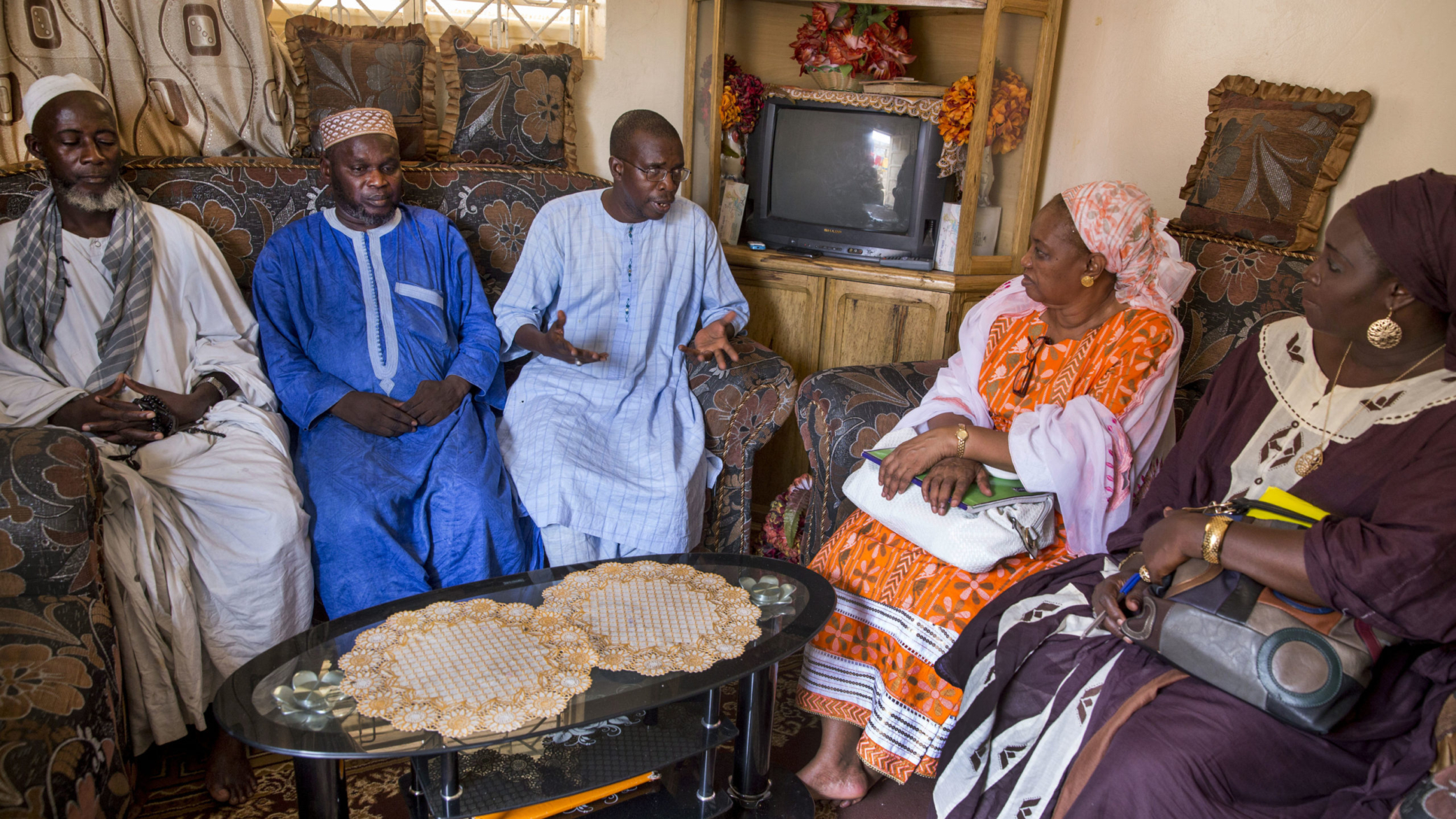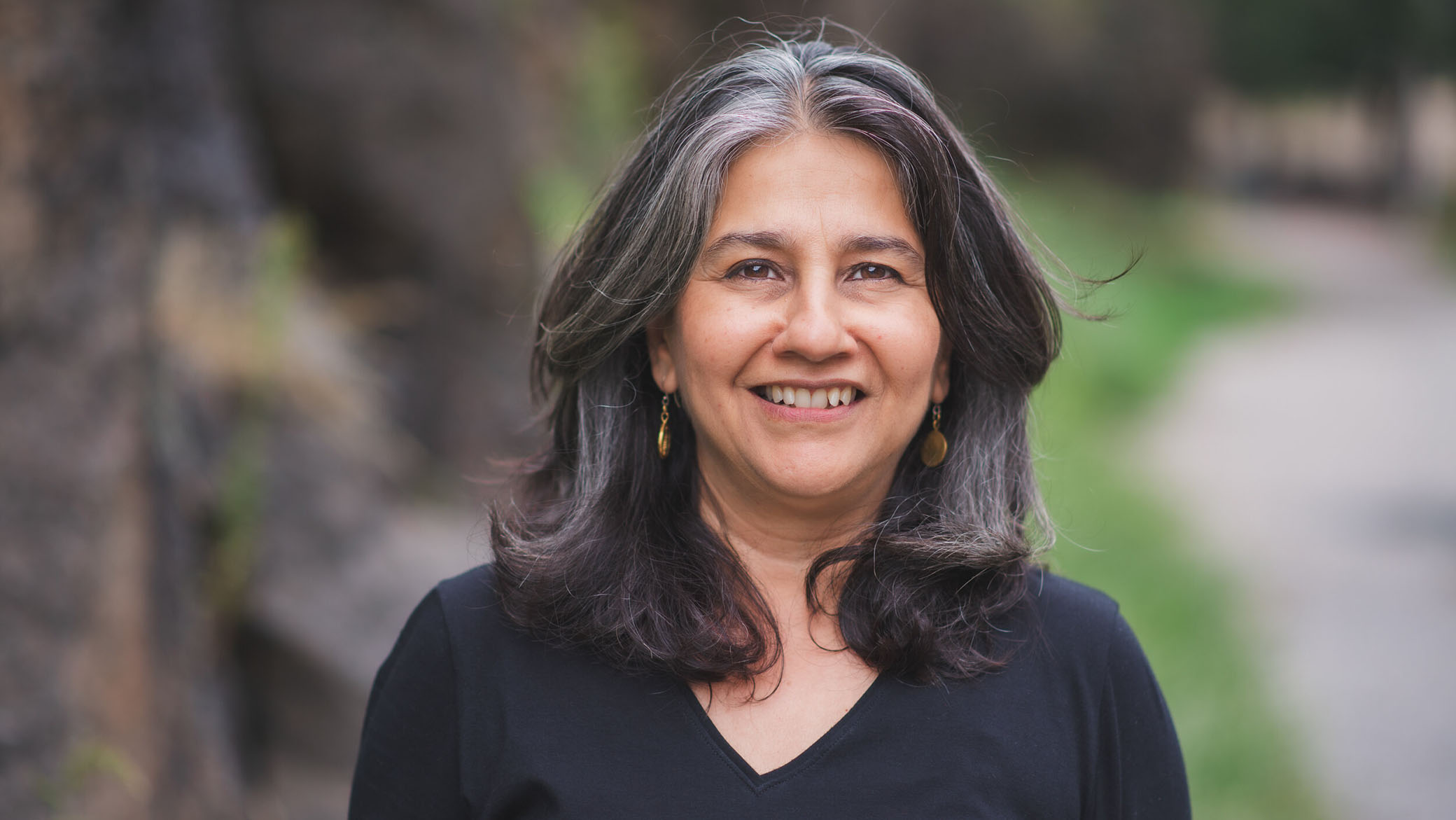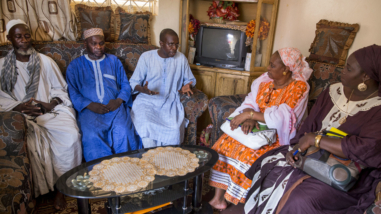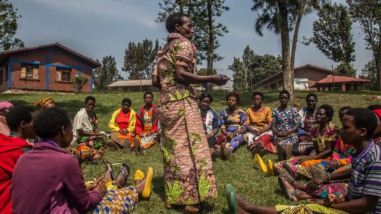Philanthropy’s momentum shifting power to local communities: Q&A with Mallika Dutt

Cliquez ici pour lire en français | Haga click aquí para leer en Español
Mallika Dutt recently joined the foundation as program director for Gender Equity and Governance. We spoke with Mallika about her trajectory, the importance of listening to the people who are most affected by the systems we are trying to change, the role of philanthropy in the ongoing efforts around “shifting power” and “localization” in international development, and her experience of the foundation as a community of practice.


